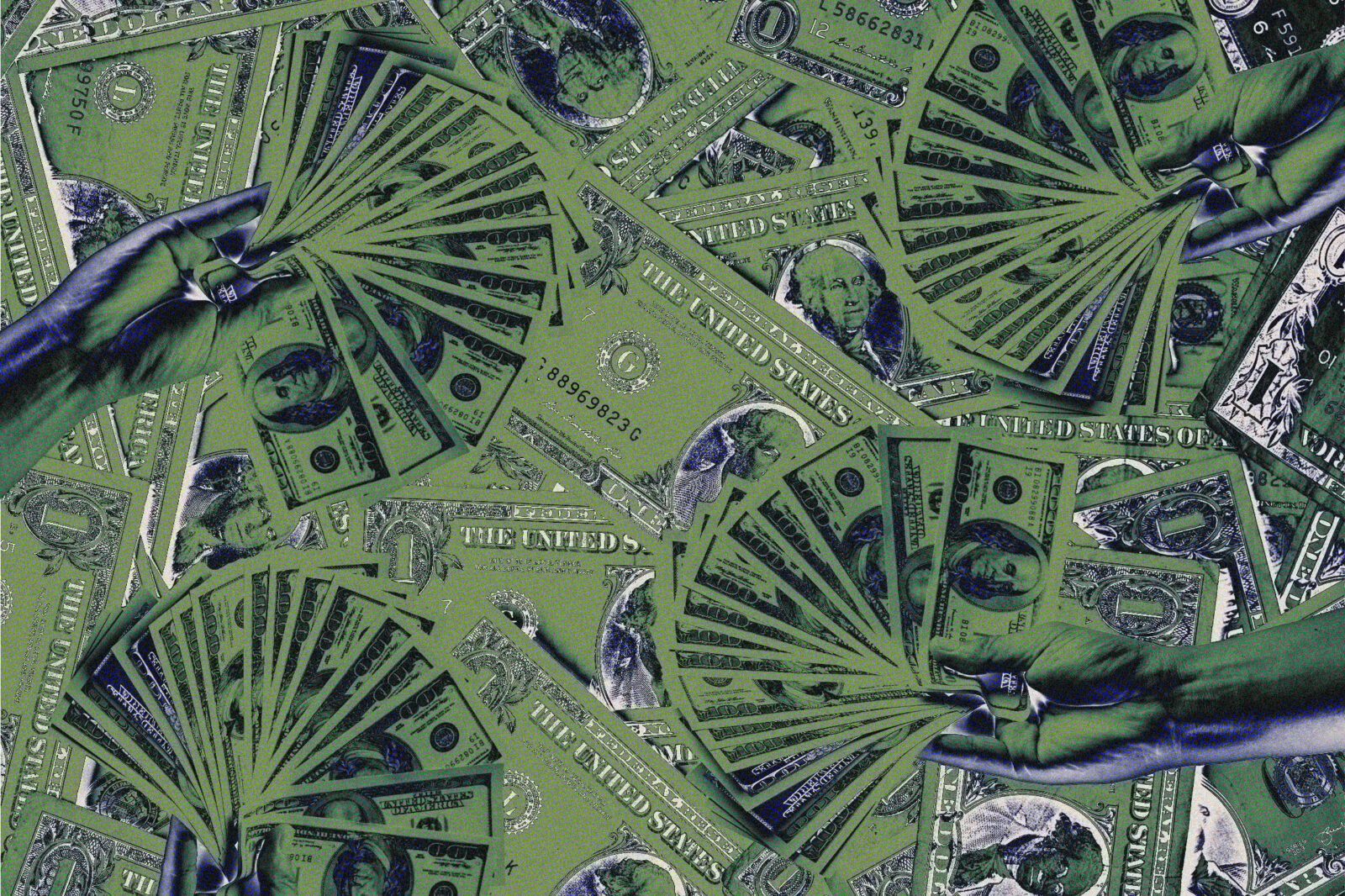
Over the weekend, one Illinois man resident hit the jackpot — no, really — and won a whopping $1.28 billion dollars from a lucky lottery ticket.
But, as most of us who pay taxes know, winning a billion dollars doesn’t make them a billionaire. Winners typically play the long game and slowly accumulate the winnings by collecting it over time (or if they’re impatient, they can take home their money now but they lose a significant portion of it), but that means come April 15 they’re writing a big check to the IRS.
Forbes calculated just how much it will likely cost the most recent lottery winner to pay their taxes next year. You can see the math process for yourself or just skip to the interesting part: The winner will pay an estimated $846.3 million in taxes, meaning they’re “only” taking home $433.7 million of the jackpot.
For the winner who thinks they’re cashing in the second largest lottery in history, that’s a significant decrease in take-home pay. Still an incredible amount of money. Most of us could pretty easily think of 433.7 million ways to spend that kind of cash. But this does mean that $846.3 million will go back to the state and federal governments to improve and maintain public infrastructure, including the roads we travel on, and fund public services, such as schools, emergency services, the military, police forces and welfare programs. The winner may not be getting quite as exorbitantly wealthy as they envisioned, but with millions in the bank, they can still live a very comfortable life if they play it smart.
Comparatively, the average American will pay approximately $525,037 in taxes throughout the course of their lives.






















